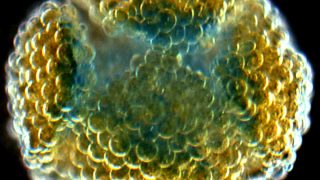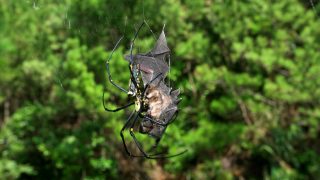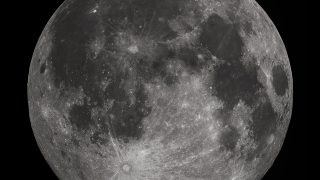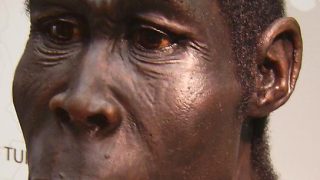
MI weekly selection #17
Humanities & Social Sciences • Science • Technology • Weekly Selection
Scientists use 3D printer to create networks of artificial cells Researchers have developed networks of water droplets that can act like biological tissue cells. The researchers created the networks using a three-dimensional printer. The networks can support up to 35,000 droplets and have the potential to be a scaffold for growing synthetic tissues or a […]








